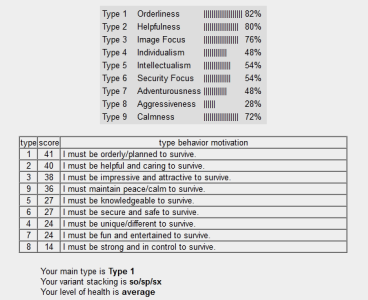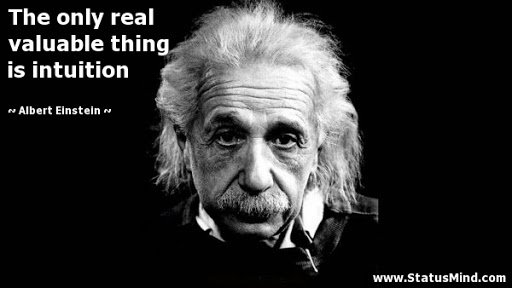HJpAjcdO0X
Community Member
Seeing the shadow clearly also makes me more tolerant. I see how people are flawed and I accept it as long as they aren't harmful.
I have to be more careful when I see the soft shadow in a potentially harmful person. I'm mature enough that it won't sway me if the person is harmful, but I feel a great deal of sympathy.
Well said, it's not always necessary to call it out just be aware. When Fauvre said how this type may come off tyrannical, while that may be true. For a "let it go" person can come off as condescending or imply "I'm better than you because I never engage conflict." It should go both ways.


